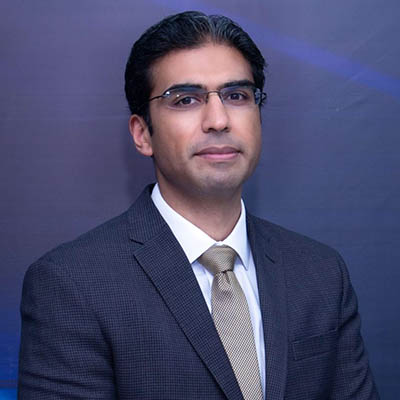
Introduction
Center for Private Sector Management (CPSM) is a strenuous effort of SDPI to support private sector in Pakistan through cutting-edge research, advocacy, evidence-based policy support, and stakeholders’ engagement. It aims to improve and promote the sustainable business practices in Pakistan through action research, better communication, and news ways of capacity building. In line with the national measures through an interactive approach, CPSE engages itself with partners to mobilize work on better business regulations, tax reforms, e-commerce, trade & export competitiveness, quality of investment, private sector role in SDGs, monetary policy, regional connectivity, energy economics, project management, and social enterprise development.
Objectives:
Main objectives of the Centre are as follows:
Thematic Areas
The Centre caters for the following thematic areas.
Communication & Outreach
National Network of Economic Think Tanks
We work to explore pathways to improve the business climate in Pakistan looking into the prospects of medium to long-term growth opportunities based on an inclusive approach, through dialogues, knowledge-sharing, bridging the gap between academic research and policymakers thinking, and better sharing and the dissemination of research related to the business environment, SDPI has formed an inclusive body in the name of National Network of Economic Think-Tanks.
Focal Person: Ahad Nazir

Executive Director

On Sabbatical

Associate Research Fellow

Senior Research Associate
The Centre for Learning and Development (CLD) at SDPI is aimed at strengthening the capacities of civil society organizations, private sector organizations, academia, and policy research institutions for sustainable development. The Centre believes in participatory and interactive approaches for mutual learning about institutional capacities, building strategies for transforming human resources, applied research, and good governance to improve systems for durable solutions. Any activity aimed toward mutual learning helps to ensure a combination of knowledge management and action research through reflective learning experiences, which may or may not be successful. This is very important in how institutional leadership transforms learning processes for organizational capacity development to reflect improved results for the desired impacts.
The SDPI Centre for Learning and Development has achieved the unique status of transforming institutional leadership for quality enhancement through multi-dimensional learning methodologies. Effective assimilation techniques are part and parcel of SDPI’s learning and development programs. CLD has achieved another milestone by launching an international training program in collaboration with International Development Research Centre (IDRC), a premier Canadian Government supported Canadian Institute. CLD-SDPI is now an official partner of IDRC for conducting international training workshops on leadership, change management, impact evaluation, quality assurance, governance, and other relevant areas for the world’s top-ranked think tanks working across Southeast Asia and the Pacific Region.
Since its inception, till date, CLD has conducted more than 1500 training workshops, trained more than 15000 professionals in various categories from more than 650 development organizations, academia, research institutions, industry, and the corporate sector. Conducted many of customized workshops on research quality, faculty development, leadership, and team building, organizational performance, community development and change management, research and proposal writing, project management and impact evaluation, and many other relevant areas for research and academic institutions, as well as national, international and UN organizations, including, Fred Hollows Foundation (FHF), Australia, United States Educational Foundation, Pakistan (USEFP), British Council, DFID, USAID, UKAID, USAID, GIZ, UNESCO, UNODC, UNDP, UNICEF, and many other similar organizations. A brief summary of the relevant organization is attached in Annexures.
Vision
To be a centre of excellence in generating and disseminating research based knowledge to strengthen SDPI’s brand and to remain relevant to our beneficiaries.
Mission
To become a quality training organisation through a high performing team to contribute and for the successful attainment of SDPI’s mission.
Objective
To design, conduct and market at least 20 short training courses (generic, research based and specialized) every year by addressing the needs of potential clients.
© 2026 SDPI. All Rights Reserved Design & Developed by NKMIS WEB Unit